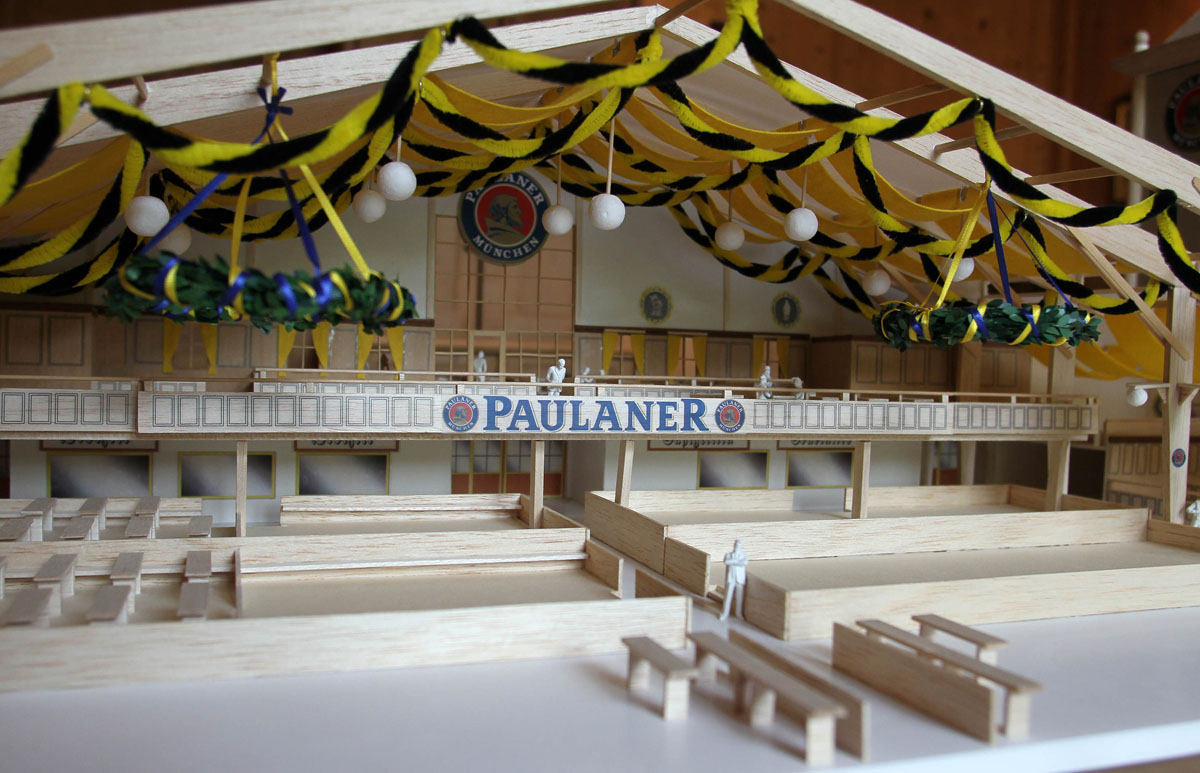Oktoberfest celebrates its 200th anniversary – smoke free
When it comes to doing politics, Bavaria’s anti-smoking legislation can only be called a blunder. Without warning or public pressure, the Bavarian coalition government in January 2008 introduced a blanket ban on smoking in public buildings, hospitals and pubs. Yet to mitigate its effects, the new law temporarily exempted beer fests like the Oktoberfest from it. As could be expected, media commentators accused the government of weasel politics and called critics into action, who immediately set out to organise a plebiscite on the issue. Although on 4 July this year only a minority of Bavarians cast their vote in favour of a strict ban of smoking, the anti-smokers’ lobby won, which meant that as of 1 August 2010 the exemptions for the Oktoberfest had to be scrapped.
The mighty group of Munich’s publicans – 14 to be precise – who manage the beer tents were perplexed. How were they to enforce the ban on smoking in their tents, the bigger ones of which seat more than 8000 people? Besides, how were they to put separate entrances and exits for smokers into their tents at such short notice, as required by the new law?
Munich’s city council came to the publicans’ rescue saying that they will be spared having to make costly alterations – estimated at EUR 300,000 plus a loss of 500 seats per tent – provided they can make sure that no one smokes inside the tents.
That could prove to be tricky. Publicans plan to put up plenty of no-smoking signs. The waitresses are supposed to tell off punters who light up. If they nevertheless continue to misbehave they will not get served. If the worst comes to the worst, bouncers will escort incorrigible smokers outside.
It will be interesting to see if and how the new law can be upheld.
Since the 1960s, the Munich Oktoberfest has attracted about 6 million visitors on average each year. However, beer consumption has more than doubled to 6.5 million litres from 3 million litres 50 years ago.


